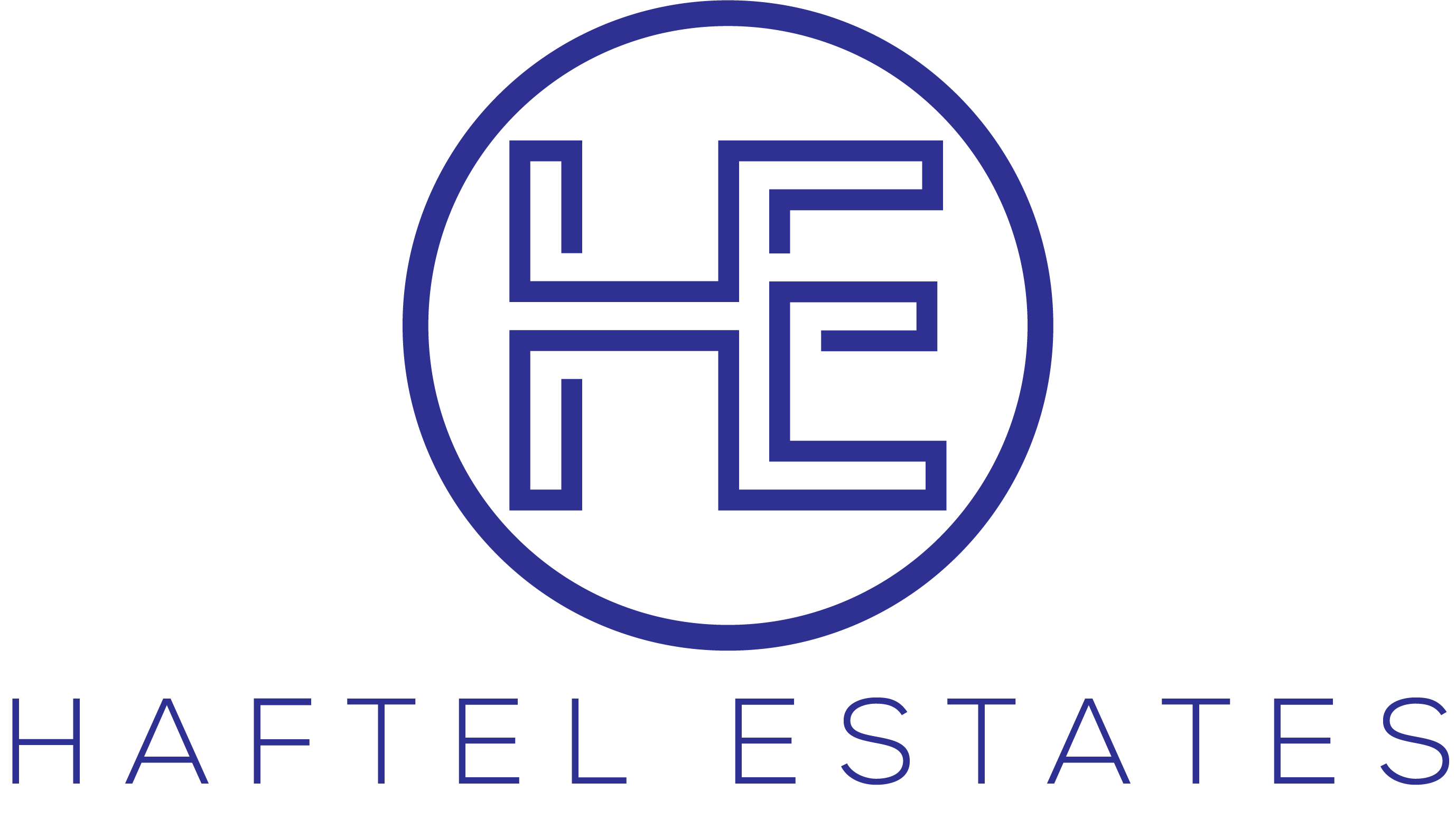Buying a house is exciting, but applying for a home mortgage loan could feel a bit intimidating. You’re not alone. Applying for a home mortgage loan is a time-consuming process with many layers and tasks. But if you learn in advance and convert knowledge to power, and then plan your steps, you could set yourself up for a smooth home buying process. Here are the basics of home mortgage loans.
 You Have the Right to Shop Lenders
You Have the Right to Shop Lenders
Lenders are not all created equal. From one financial institution to the next, rules change. Each bank has different terms, rates, and programs for which you may or may not qualify. Before you submit your application, do your research to find out which lender is most suited to your needs. If you already have representation from a real estate agent, ask your agent if he or she has any referrals for lenders.
Conventional Home Mortgage Loans
With a conventional home mortgage loan, the buyer typically invests a twenty percent deposit, borrowing the remaining 80 percent from the lender. However, not all first-time buyers have that substantial of savings. When you don’t have the full down payment, you have options to apply for loan programs such as FHA loans, or, if applicable, VA loans.
More than the Down Payment | Closing Costs and Other Expenses
Closing costs is a term in real estate that confuses many first-time home-buyers. The phrase is used to encompass all of the service charges associated with your real estate transaction. Service providers work up-front without payment, but collect their fees at closing. Examples of service providers who gather payment on the tail-end of the deal include appraisers, inspectors, escrow agents, administrative clerks, couriers, or any other provider who had a hand in completing your transaction.
Loan Programs and Grants
Loan programs such as VA loans and FHA loans can be beneficial for buyers who lack the full down payment or who may have less than ideal credit ratings. FHA loans, for example, are backed by the Federal Housing Association and so they require much less for a down payment as well as having less stringent credit requirements.
Grants are not the same as loans because a grant is considered a gift. You don’t need to repay a grant, nor does it influence your credit score or debt-to-income ratio. Ask your real estate representative if he or she knows of any grants for which you may qualify, or search online.
 Your Credit Score and Debt-to-Income Ratio
Your Credit Score and Debt-to-Income Ratio
Lenders, regardless of which you choose, will refer to your credit score and your debt-to-income ratio to determine whether you qualify for a home mortgage loan with their financial institution.
Your credit score establishes whether or not you’re a trustworthy borrower. Lenders review your credit report to see how well you’ve borrowed and repaid funds from various lenders over time. Your score should be no less than 640 but should be around 680 or higher for best chances of acceptance.
Debt-to-income ratio, otherwise known as DTI measures your ability to balance what you have coming in as income vs. what you have going out as expenses. The lender wants to see that you’re not over-extending yourself financially. Ideally, you’re not spending more than 36% of your income on your monthly expenses, including the housing payments for which you’re applying.
Variable vs. Fixed Rate Interest
Variable interest rates start temptingly low, leading to smaller mortgage payments initially, but then can increase over time with market trends. With a variable rate loan, your mortgage payments could change next year and frequently after that, increasing each time.
Fixed interest rates start on the higher side, but they’re locked in. With an unchanging interest rate, your monthly mortgage payments stay the same.
Life of the Loan
Although many people assume that the 30-year loan is the only option available, there are other timeline options for the life of your loan, including a 15-year option in which you pay twice as much for your payments, but pay the home off in half the time.
PITI
PITI is an acronym that means Principal, Interest, Taxes, and Insurance. When you make your loan payment each month, your payment is divided into principal, which applies to the amount you borrowed; interest, which is the fee you pay for borrowing the funds, property taxes that homeowners have to pay, and private mortgage insurance if your down payment was less than twenty percent.
Conclusion
Talk with your real estate representative and your lender about the best financing options for you regarding the purchase of your first home. There are many variables to consider and many resources available to you.
Haftel Estates would be happy to show you homes, guide you through the offer process, and negotiate a sale. Feel free to contact us at 561.526.6990 for answers to your questions!
